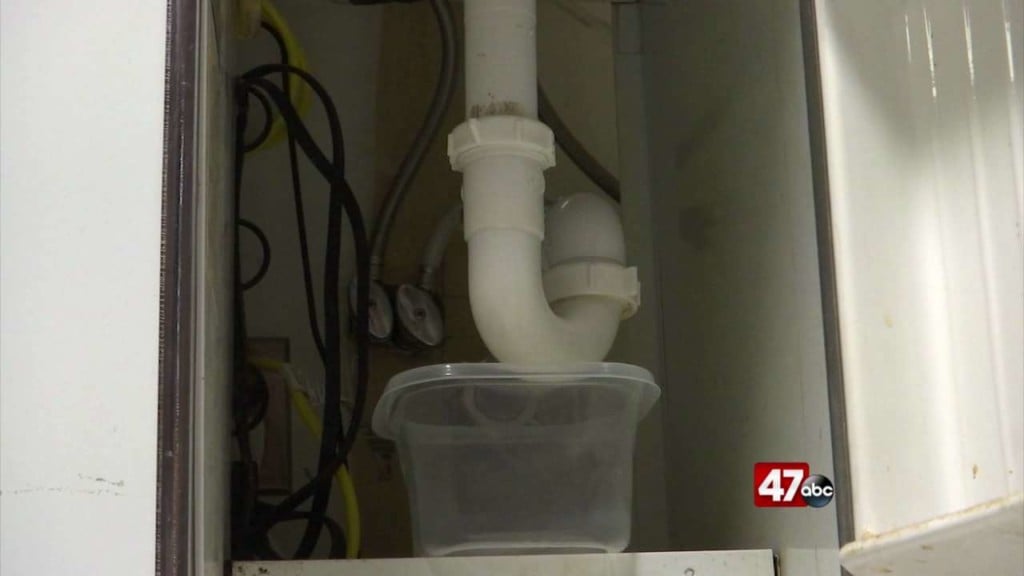Bill establishing, regulating adult recreational marijuana industry passes Del. House
DOVER, Del. – On Thursday, the House passed the second part of a two-step process to legalize and regulate the possession and sale of adult recreational marijuana.
House Bill 2 would create a legal framework to regulate the cultivation, sale, and possession of marijuana, provide opportunities for small businesses to be licensed, and ensure people living in areas disproportionately affected by the prohibition of marijuana have equal access to the new market.
The House passed a companion bill legalizing adult recreational marijuana earlier this week, House Bill 1. HB1 would remove all penalties for possession of a personal use quantity of marijuana for those 21 years of age and older. Possession of more than a personal use quantity and public consumption would remain as unclassified misdemeanors. HB1 is now awaiting action in the Senate.
HB2 passed the House 27 to 13 and would regulate and tax marijuana in the same manner as alcohol. It would allow adults 21 and older to purchase a personal use quantity of marijuana from a licensed retail marijuana store. Under this bill, the Division of Alcohol and Tobacco Enforcement would absorb marijuana enforcement and create a separate, administrative Office of Marijuana Control Commissioner within the Department of Safety and Homeland Security.
Zoe Patchell, executive director of the Delaware Cannabis Advocacy Network, tells us the bill would be huge for the state’s economy.
“It’s going to create thousands of jobs and business opportunities throughout the State of Delaware,” Patchell told our Rob Petree. “It’s obviously a huge agricultural and economic driver, but it also allows consumers to have a safe product.”
We’re told the legislation would allow for up to 30 retail licenses to be issued within 16 months of the bill’s effective date. Additionally, it would establish a competitive licensing process through the Office of Marijuana Control Commissioner using a scoring system that rewards applicants for paying a living wage, providing employer-paid health insurance, providing sick and paid leave to workers, hiring more full-time workers, focusing on the diversity of the workforce, and other factors.
More on the bill can be found here.


